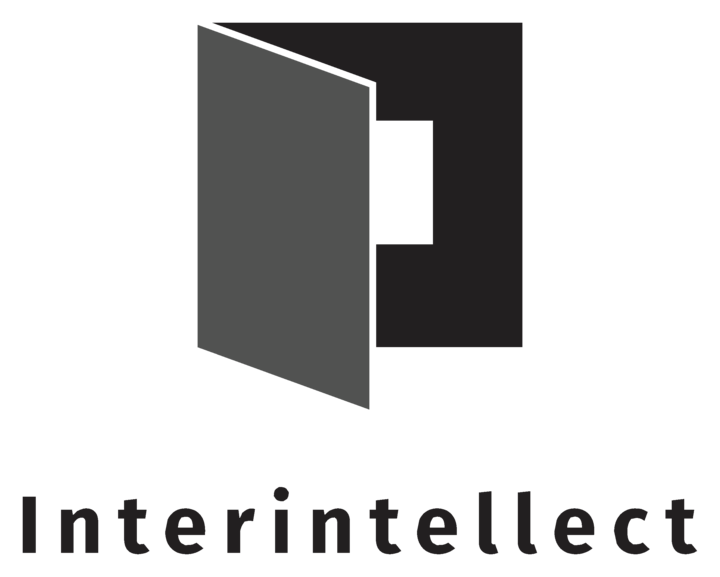Anna Grigoryan "On Fangirls, Corporate Dashboards, and Art"

Anna Grigoryan is a writer, recovering overachiever, and founder of Kradl.
Please enjoy her thought piece (originally published on Anna’s Substack, Caring About Now), “On fangirls, corporate dashboards, and art.”
Happy Reading!
—ii Editorial
I made a podcast episode a while ago, where I talked about this feeling I had about community.
My feelings were that currently companies and startups who are claiming to be community-led are trying to artificially generate that ‘passion’ towards a product.
Imagine being passionate about HubSpot.
Imagine having fan conventions for Asana.
Now having some retrospectives over that feeling, I think I’m right.
In this article, I’ll say why I’m right.
Fangirling over Asana
Let’s talk about fandoms for a second here.
They are created by people first, around a work of art or some piece of media.
There are fandoms of Bi-2, Phantom of the opera, Bergman, and Dune.
Those fandoms are there to discuss and/or criticize said piece of media. Mainly to share a collective space where people can freely talk about their passion for Star Wars.
Those fandoms also are known for creating derivative art for the original.
– Fanfiction,
– fan art,
– shipping with different couples,
– podcasts,
– groups where people read together,
– music playlists with soundtracks and other vibes
This is very easy to do, because you have source material, to work with.
For the longest time fandoms were communities for people who couldn’t express their feelings about the movie/book/whatever in the “real world”.
However, let’s zoom out and see what we have in fandoms in a nutshell:
– A group of people who does free labor to create new stories.
– A group of people who are very actively and passionately talking and spreading the word about the piece of media.
– A group of people who are in the same spot. Easy to reach, easy to talk to.
Isn’t this what every company is dreaming about?
– A group of people who creates free content for the product.
– A group of people who passionately spreads the word about the product.
– A group of people that is in one place, easy to reach.
But… here’s the thing.
No one is passionate about Asana, Hubspot or Buffer, or whatever product.
SaaS platforms are just the means to an end. They are here to perform a task, to do 1 job and complete that job hopefully.
How do generate “passion” for Asana?
The unbearable brandification of everything
We established that Asana is not equal to Twilight.
It’s not a cultural phenomenon, and it doesn’t have fandoms full of people who are arguing about it online 24/7.
How to make your own product Glogaglog, community-led.
Well, Glogaglog is not a book or a movie, so it needs a lot of content for people to interact with.
Glogaglog launches:
– bi-weekly events with industry experts
– a podcast hosted by their Head of Marketing where they interview their users
– repurpose 1) and 2) into blog posts, Twitter threads, and LinkedIn posts
– SEO because of course.
Schedule on all social media platforms.
Don’t forget to create a dashboard about all of this. How else to measure the success?
Buy ads EVERYWHERE
Share all you know for free
Now people have a lot of content to interact with, that’s amazing. But it’s still not a community. At best it’s a media outlet attached to the company.
Because again Glogaglog is just the means to an end for 1 task.
How does the manufacturer love for that task?
Make sure that your community revolves around the work as a whole.
So your Glogaglog co’s community now is not just about the task but also about how to become better at that task.
Appealing to our collective desire to be better at our jobs (which is a topic for another newsletter rant.)
Now what Glogaglog will do is create a Golden path.
Sprinkled with thought leadership, case studies, and podcasts that become the mecca for people who use Glogaglog for their work.
The golden path works because nothing works better than FOMO and the desire to increase your personal brand.
Now people who have jobs are creating free content for Glogaglog because “it’s good for the visibility to be in Glogaglog’s community slack and on their podcast”.
They don’t mind creating derivative work based on Glogaglog’s products.
See “11 ways to improve your Glogaglog workflow” pieces.
And Glogaglog gets what it needs, people inside the slack that work on their personal brands while also being engaged in Glogaglog’s product and content.
The dashboards are green.
Google search results are popping.
Glogaglog’s podcast is no.2 on best business podcasts.
And that’s how you become community-led startup folks.
Why should we care?
I see quite often courses or handbooks or free templates on Notion or wherever that claim to have automated everything you need.
The same goes for the “How to become a YouTuber” or “How to become a podcaster” articles, youtube videos, and podcast episodes.
Without knowing numbers I’d assume that those pieces of content have on average higher views or downloads.
The claim is “I have cracked the code. I tricked the algorithm. Come learn so you will know how too”.
*I’ll not expand on crypto and other financial scams out there that claim the same thing, let’s have some magical innocence here.*
On the surface, those articles and courses are just a compilation of hacks, easy-to-implement things that should tip the scale in the algorithm game in your favor.
“Don’t post a link in the post, add the link in the first comment”
“Post every day at the same time”
“Have at least 10-minute length for your YouTube videos”
We have become the perfect “unofficial employees” of Instagram, YouTube, and other platforms.
We learned the rules, we poke around and find new ones and try to adhere to them.
Our writing, podcasts, and videos change because of those rules.
You need an H1 heading in your post if you want to get ranked.
A small thing right? All you need is a headline, in a piece where you didn’t want to have headlines.
And also you need a keyword in that H1. So now you need to squeeze a word in a heading you didn’t want in the first place.
Hacking around for short-term dashboard gains, by adhering to the rules, altering our creations to appeal to… *checks notes* a data model?
A data model that can only distinguish between 0 and 1, and understand if 0 is good or bad and 1 is good or bad.
A corporate dashboard can crunch those same numbers and show with a green arrow if things are going well.
Does it show the collective love or appreciation for Twilight and Asana and Glogaglog?
Community building and community-led companies are the new incarnations of these thought processes.
Let’s manufacture authenticity, create stories, and attract fans for a project management solution.
That’s the reason why during height of crypto-ape-mania the bros were talking about storytelling and community.
That’s how you get the free fan labor.
That’s how you get visibility.
That’s how you get your word-of-mouth marketing funnel.
That’s how you get your dashboards green.
By creating a story that people will engage in, weather the THING needed a story or not.
Okay 1200 words in what I want to say:
– Brand communities are BS.
– Your product probably doesn’t need an elaborate lore on why it is created.
– If you’re going to become an Instagram or Google employee at least ask for salary compensation.
– If you’re in a “branded community” assess how much do you really need them in the first place, because your presence there most likely gives legitimacy to their brand.
